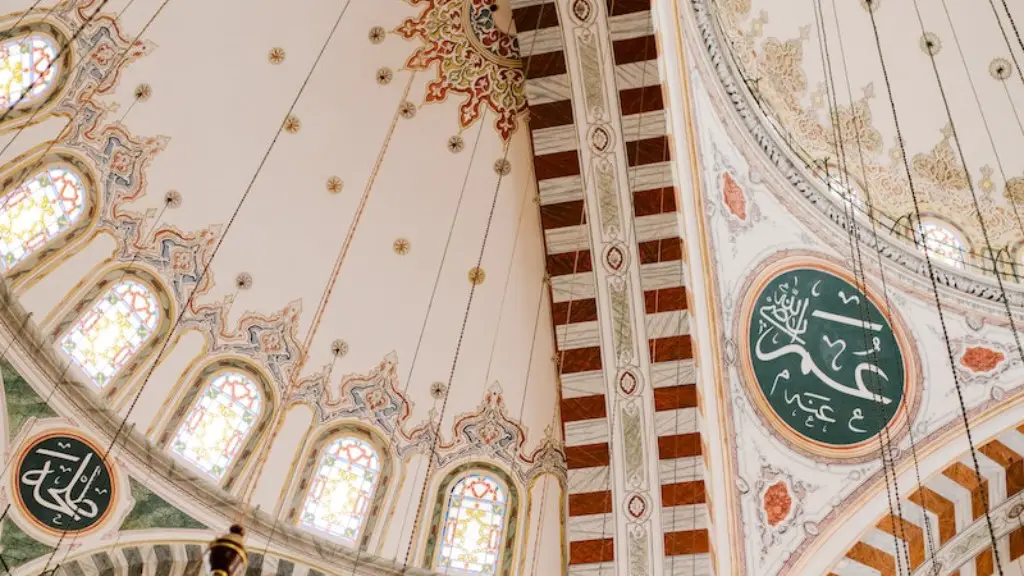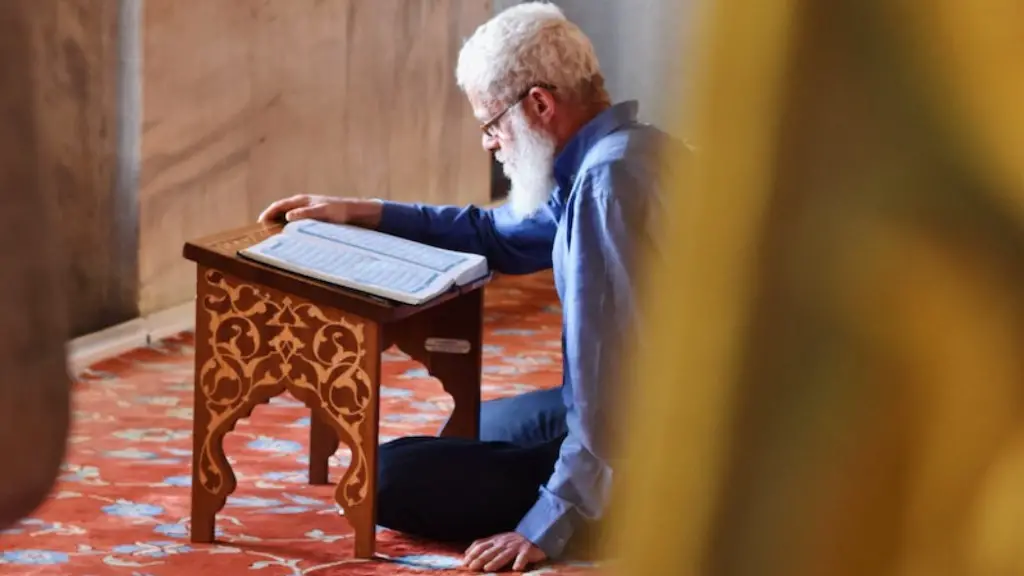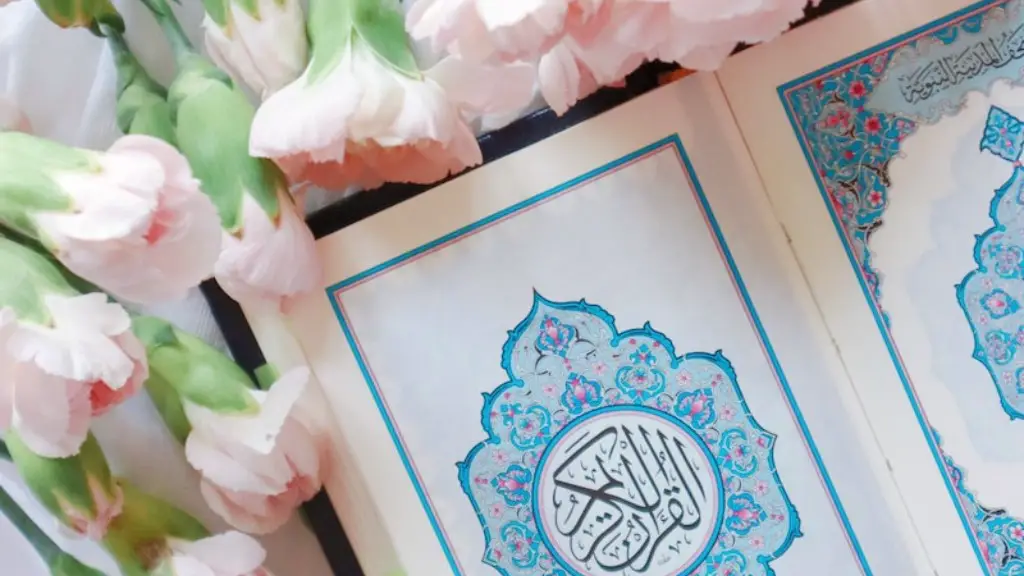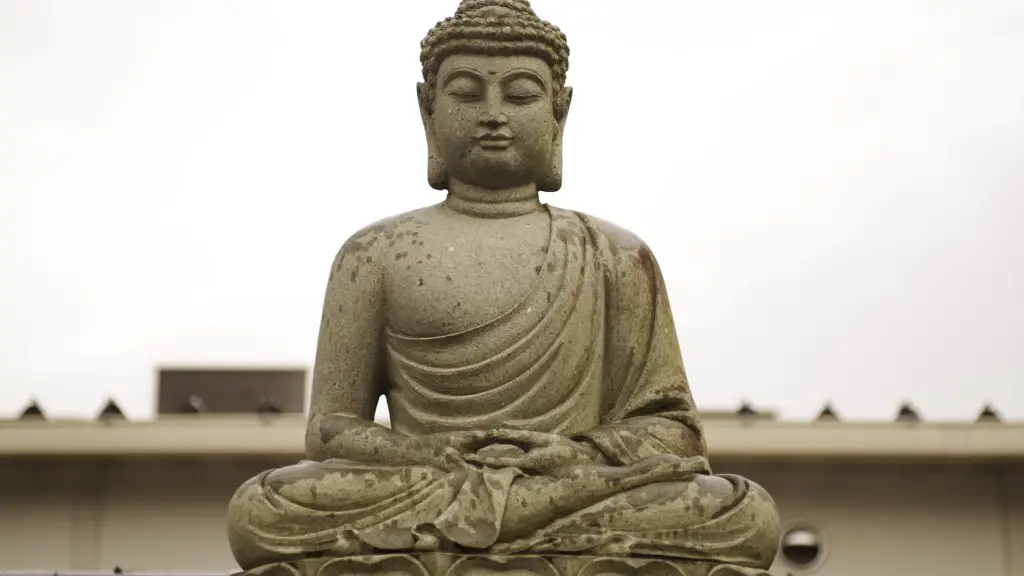Trade was vital to the spread of Islam in its early years. Muslim traders carried goods and ideas along the Trade routes, which connected the major cities of the world. They traded with people of all faiths, and this contact helped to spread the message of Islam. As Islam spread, so did the trade routes, and the number of Muslim traders increased. This created a virtuous circle, with more people exposed to Islam and its message of peace and tolerance.
Trade helped Islam spread in a few ways. First, it allowed Muslim merchants to travel to new places and interact with people of different cultures. This gave them opportunities to share their faith with others. Additionally, trade helped to finance the construction of mosques and other religious institutions, which served as centers for Islamic learning and worship. Finally, trade brought Islamic ideas and goods to new areas, exposing more people to the religion and helping it to grow.
How did trade help the Islamic empire?
The early Islamic world was greatly impacted by trade and commerce. Large trade networks spanned much of the globe, connecting faraway places like China, Africa, and Europe. Islamic leaders used taxes from wealthy merchants to build and maintain public works such as schools, hospitals, dams, and bridges. This trade and commerce helped to create a prosperous and thriving early Islamic world.
The Arab traders and travelers who visited Africa between the eighth and ninth centuries helped to spread the Islamic faith along the eastern coast and to the western and central Sudan. These visitors stimulated the development of urban communities, which in turn helped to further spread and consolidate the Islamic faith in Africa.
What is the relationship between trade and the spread of Islam
The Muslim control of the western half of the Silk Road was a major factor in the spread of Islam. Muslim merchants were able to travel freely and spread the message of Islam to new lands. This helped to create a global community of Muslims and helped to solidify the Islamic faith.
Religions and religious movements have played a significant role in the history of the Silk Roads. From the early days of trade along the routes, religious beliefs and traditions were passed along with the goods. This helped to spread various religions throughout Asia and beyond.
There was great diversity among the nomadic tribes of the steppes in terms of religion, but there were also many similarities between the various beliefs. This helped to create a sense of unity among the peoples of the Silk Roads.
Today, the Silk Roads are still a place where different religions meet and interact. This is one of the things that makes the region so unique and interesting.
What caused Islam to spread?
Islam spread through military conquest, trade, pilgrimage, and missionaries Arab Muslim forces conquered vast territories and built imperial structures over time. Islam also spread through trade and commerce as Muslim traders and merchants traveled to different parts of the world. Pilgrims also played a role in spreading Islam as they journeyed to Mecca and Medina to perform the Hajj. Finally, missionaries were sent out to different parts of the world to convert people to Islam.
Islam spread quickly for many reasons. One reason was that Mecca was connected to many global trade routes. Another important reason was their military conquest of lots of territory. A third factor was the Muslims’ fair treatment of conquered peoples.
What are two ways Islam spread?
The spread of Islam was both a political and religious phenomenon. Muslim rulers gained control of these areas and some of their followers stayed with them. Some people who lived in these areas became Muslims. Islam was also spread via trade beyond areas under Muslim control.
Islam first spread to West Africa through Arab traders, merchants, and missionaries in the 7th century CE. Over time, Islam became more prevalent in West Africa as African rulers either tolerated the religion or converted to it themselves. Islam played an important role in the development of West African societies, influencing politics, culture, and even the economy.
What is the concept of trade in Islam
Islam recognises barter trade subject to the injunctions of the Qur’an and the Sunnah. In fact, Islam has closed all doors of dishonesty and deceit in business dealings. It has prohibited all forms of transactions which admit of fraud in the least degree.
Islam spread through trade because it allowed for new people and cultures to be exposed to the religion. Muslim tolerance of other cultures and beliefs also encouraged the spread of Islam, as it showed that the religion was open to people of all backgrounds. However, it was not just tolerance that helped Islam spread – the willingness of Muslims to engage in cultural blending also played a role. This openness to new cultures meant that Islam was no longer just an Arab religion, but a religion that could be adopted by people of all cultures.
How did trade routes help spread Islam and Buddhism?
The Silk Road was a key trade route between the East and the West. Along this route, various religions were disseminated from West to East. Buddhism, Christianity, Manichaeism, and Islam were all transmitted mainly by traveling merchants and missionaries who joined merchant caravans. This helped to spread these religions to different parts of the world.
The Silk Road was a network of trade routes which connected the East and the West. It was used by merchants to transport goods between China and the Mediterranean. Many goods were exchanged along the Silk Road, including both silk from China and glassware from Rome. In addition to new products, ideas and knowledge were exchanged. In this way, trade brought cultural changes to both East and West.
What is the connection between trade and religion
While there are many factors that contribute to the spread of religion, one of the most important is the role of trade and transportation infrastructure. By making it easier for people to travel and trade with one another, these infrastructure projects have helped spread religious ideas and practices around the world.
In addition to facilitating the spread of religion, trade also helps to enrich and diversify religious traditions. As people from different cultures and religions interact with one another, they exchange not only goods and services, but also ideas and beliefs. This exchange can lead to new religious practices being adopted, as well as a deeper understanding and appreciation for the religious traditions of others.
In the Middle Ages, trade routes allowed for the rapid spread of religious beliefs. With so many people travelling, there was a great deal of discussion about different beliefs. This helped to create a better understanding of different cultures and religions.
Which two factors contributed to the spread of Islam in Africa?
Islam gained significant traction in West Africa during the 10th century, with the Almoravid dynasty’s rise to power on the Senegal River. From there, Muslim rulers and kings began to slowly spread Islam throughout the continent through trade and preaching. This slow but steady process of Islamization eventually led to a strong presence of the religion in many parts of Africa.
The spread of Islam into new territories was largely due to the conquering and conversion of people by Muslim forces. By the 640s, Muslim forces had already conquered and converted many people in North Africa, Sicily, and the Iberian Peninsula.
Conclusion
Trade helped Islam spread by making it possible for Muslim merchants to travel to different parts of the world and share their faith with others. Through trade, Muslims were able to establish communities in different parts of the world, which served as centers for the spread of Islam.
As trade increased throughout the region, so did the spread of Islam. New convertss to Islam were able to easily connect with others who shared their faith, leading to a more widespread understanding and acceptance of the religion. Trade also allowed for the sharing of religious texts and ideas, which further helped to solidify Islam as a major belief system in the region.



